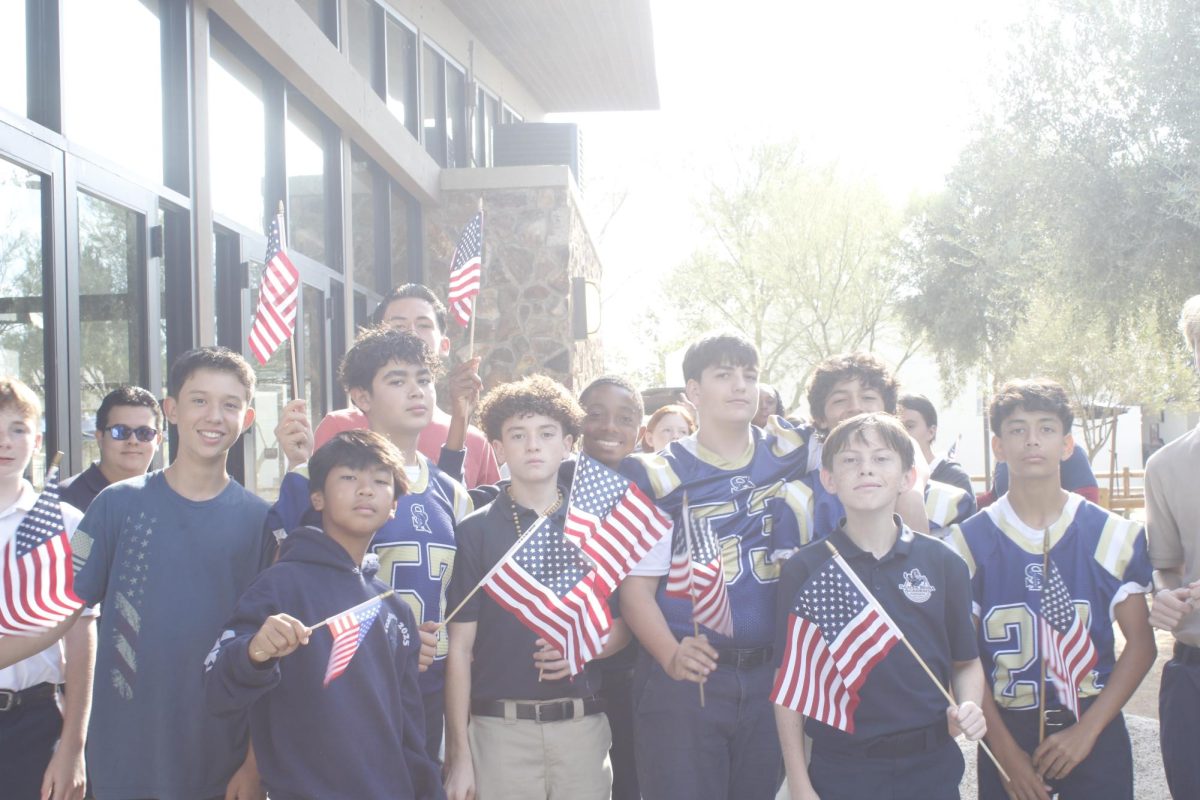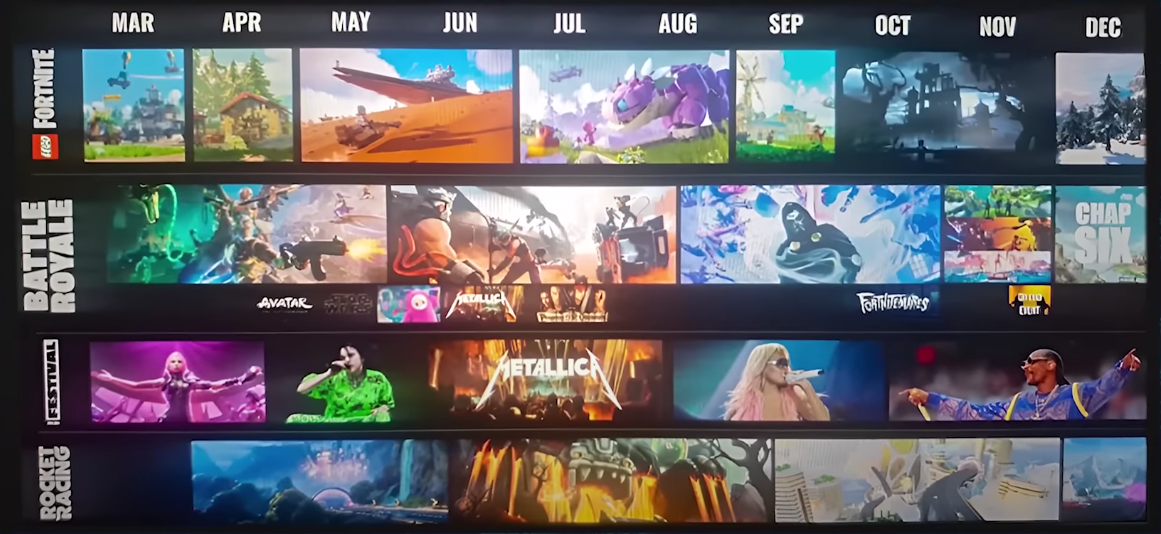How are we to address the problem of the death of storytelling? We’ve already discussed how stories impact us, and how modern corporations have failed to establish their purpose due to the distraction towards attention-seeking, brain-rotting entertainment. I have a proposal that could help bring back life into storytelling, in which anybody with a passion for storytelling can participate. Purpose is key to a good story, characters portray that purpose, and creative innovation is worth investing time in over recycled content. Returning to the roots of impactful, universal themes to resonate with a broader audience will help draw more people to care about stories again. Both the creators and the audience can participate in this change.

Let me first emphasize how important creativity is in a story. We are not running out of ideas, and we never will. There is always something, or should I say multiple things, we can draw inspiration from. Our minds can create an endless scope of possibilities for a story. But don’t confuse that with reusing the same trope, stereotype, or method. People dislike repetitive story presentations. A story can have similar messages, genres, or plotlines, but note how I say SIMILAR. Never should one story copy off another, or disguise itself as a different story but chameleon off many others before it. Instead, draw inspiration from many stories; they don’t have to follow the same medium.
A method I enjoy using the most is what I call “The Smoothie System,” inspired by Abbie Emmon’s foolproof technique to create original stories. People have always used simple, one-handed prompts that are a sentence or two long that explains what could happen in a story but doesn’t explain the conflict (which I’ll get to later). The Smoothie System helps story creators take their favorite stories, again no matter what medium they come from, and put them in categories to combine. I’ll give you an example.
From a school poll, most high school students at Santa Rosa Academy like more classic movies and adventure genres. So let’s create the basics for a story that’s like that!
I’m going to list four categories.
- Genre:
- Plot:
- Characters:
- Theme:
Then I’m going to place a story in each category. That way, I can combine them all when I’m finished into one, unique story! We know what the genre is, but let’s get more specific. Let’s choose “Percy Jackson” as the base for our genre since it not only fulfills both categories but also adds the elements of mythology.
Now let’s use “The Hunger Games” as inspiration for a plot, and “Harry Potter” as inspiration for our characters and their relationships. And the theme could be inspired by “The Inheritance Games,” which according to SuperSummary, is “social classes are a construct that ignores a person’s core essence.”
- Genre: Percy Jackson
- Plot: The Hunger Games
- Characters: Harry Potter
- Theme: The Inheritance Games
Intrigued? Let’s blend all of these elements and see what they look like!
In a world where the gods have taken back their rule over humans, those born under a god’s blessing are chosen to fight against one another to the death to determine the next century’s ruler of either Zeus, Poseidon, or Hades. A young boy voluntarily joins in place for his brothers’ life, though he lacks a god’s blessing. But in his mind, he plans to liberate the human race… to free everyone from the gods’ control for good.

What do you think of that story idea? Does it entice you to want to know more even though you don’t know any details about it, even the characters’ names? This is what I mean by integrating meaningfulness and creativity into the story-making process! The theme seems to carry on in this idea, leading to my next point.
The carrying out of a theme is one of, if not the most important, aspects of a story. You can write about anything and have it be an epic story on the surface, but if you’re having a problem telling the audience the theme and why it matters, your story will become easier to forget. Telling stories for the sake of telling stories is not enough to make a meaningful story. People need to tell tales that would reach people’s hearts, and the best way you can do that is to have sincere messages that are expressed through an intimate, personal lens of the characters’ conflicts. This attracts audiences to your story, no matter how simple or complex the plot appears.
This should motivate creators to focus on their craft over profit. We have discussed what makes a story valuable to its audience, but if we were to sit here all day talking about it, we would never get to do the action itself. Creators, focus on craft over profit, for this is what makes the most impact on culture for generations. This means that corporations must give liberty to their storytellers, and not limit or doubt their creativity. Corporations should support and enhance the strength of their storytellers, not the opposite. And fans, you can contribute to this change too, whether or not you’re in the creative field. Your support for high-quality stories shows through your wallets. When you go to the theater to watch a certain movie, you are paying to buy a ticket for that movie, which shows that you support that movie. When you purchase merchandise from that TV show or collect a series of books, you fund those enterprises through every dollar you pay. This shows these companies what works and what doesn’t, urging them to invest more in quality over quantity.
Storytelling has died, but there’s still time to bring it back to life. People need to remember its cruciality to society because of the value that they’ve possessed over thousands of years. Stories affect us with or without our awareness because of their tie between our imaginations, emotions, and real-life themes everyone experiences. But when creativity and purpose are taken away from stories, audiences get action-filled brain rot that brings no benefit to them besides temporal entertainment at best. Even then, most people forget what happens in the story because it doesn’t appeal to the personal or emotional. Stories created purely for agendas also fail, where they don’t appeal to broader audiences that may not fully grasp the message because of their decrease in storytelling quality. Thus, a revival for storytelling must ensue by returning to the roots of purpose and creativity. Companies should liberate creators to freely expound upon their stories so that fans have something worthwhile to invest their time, energy, and values into.
Only then can stories live, once again, happily ever after!

















